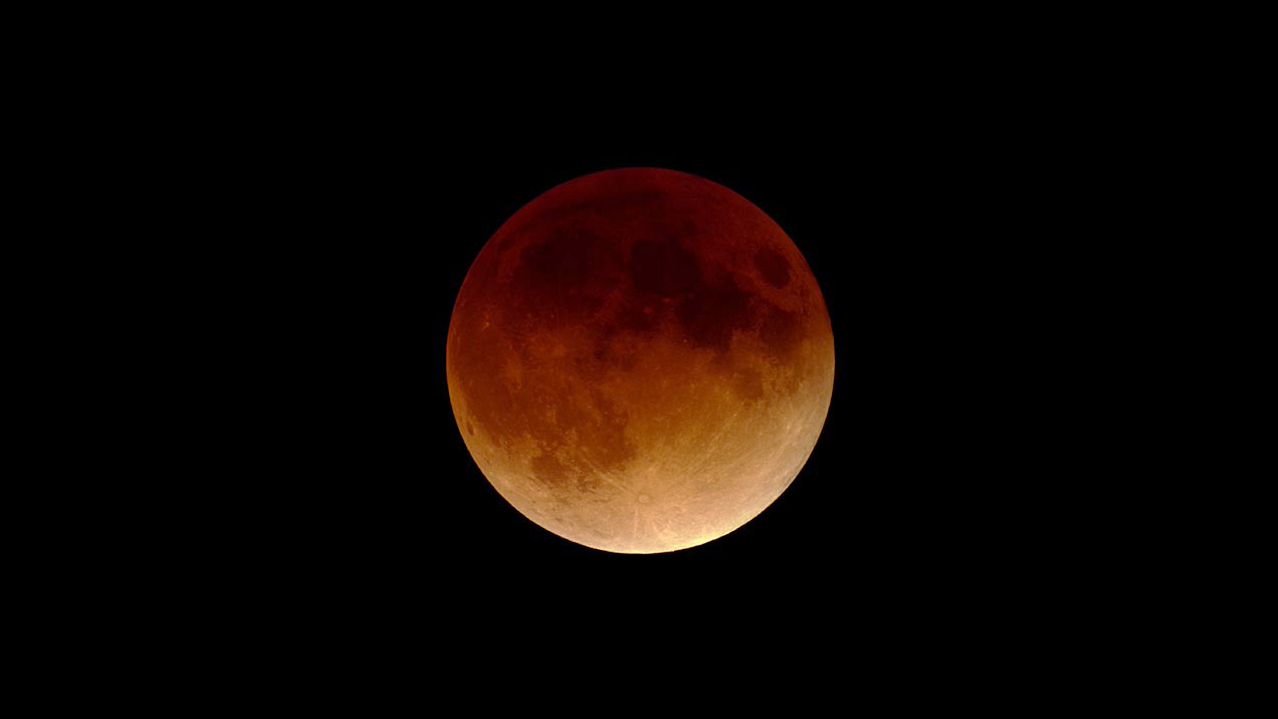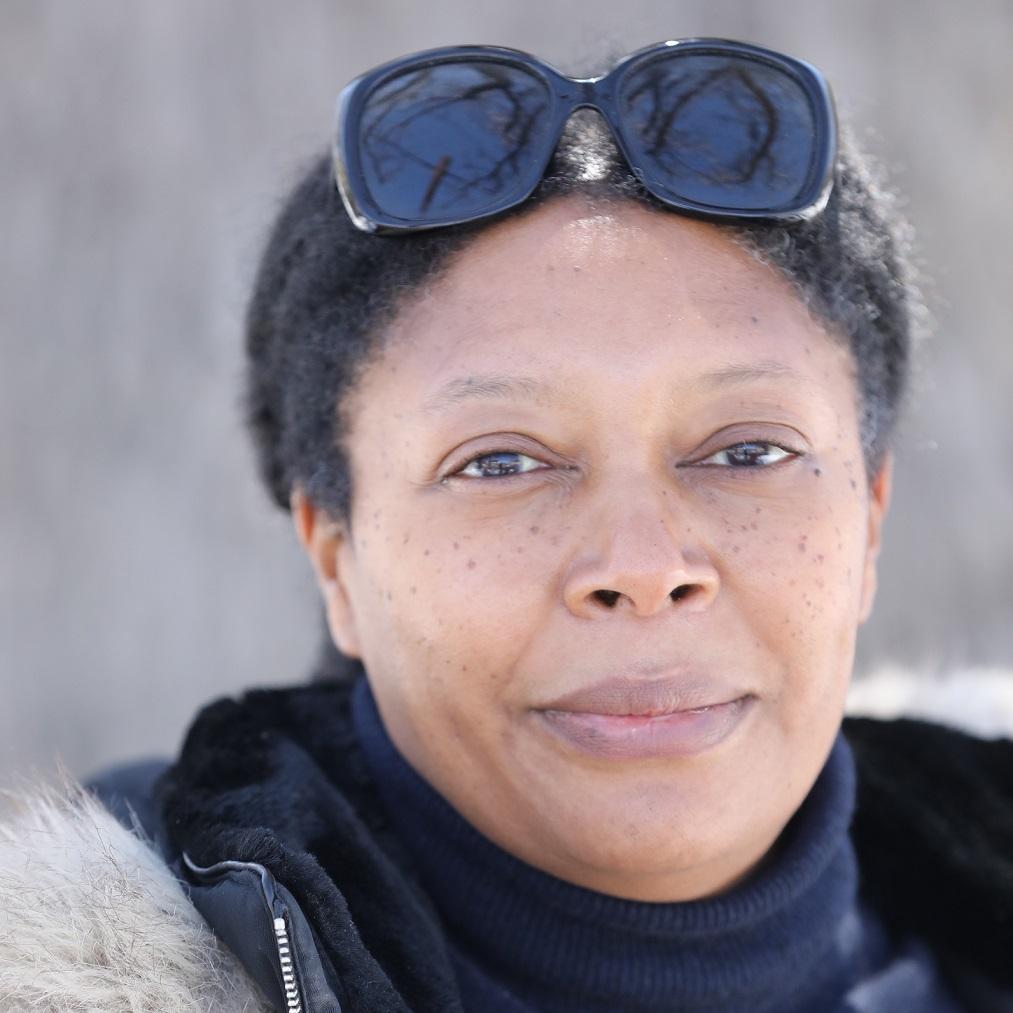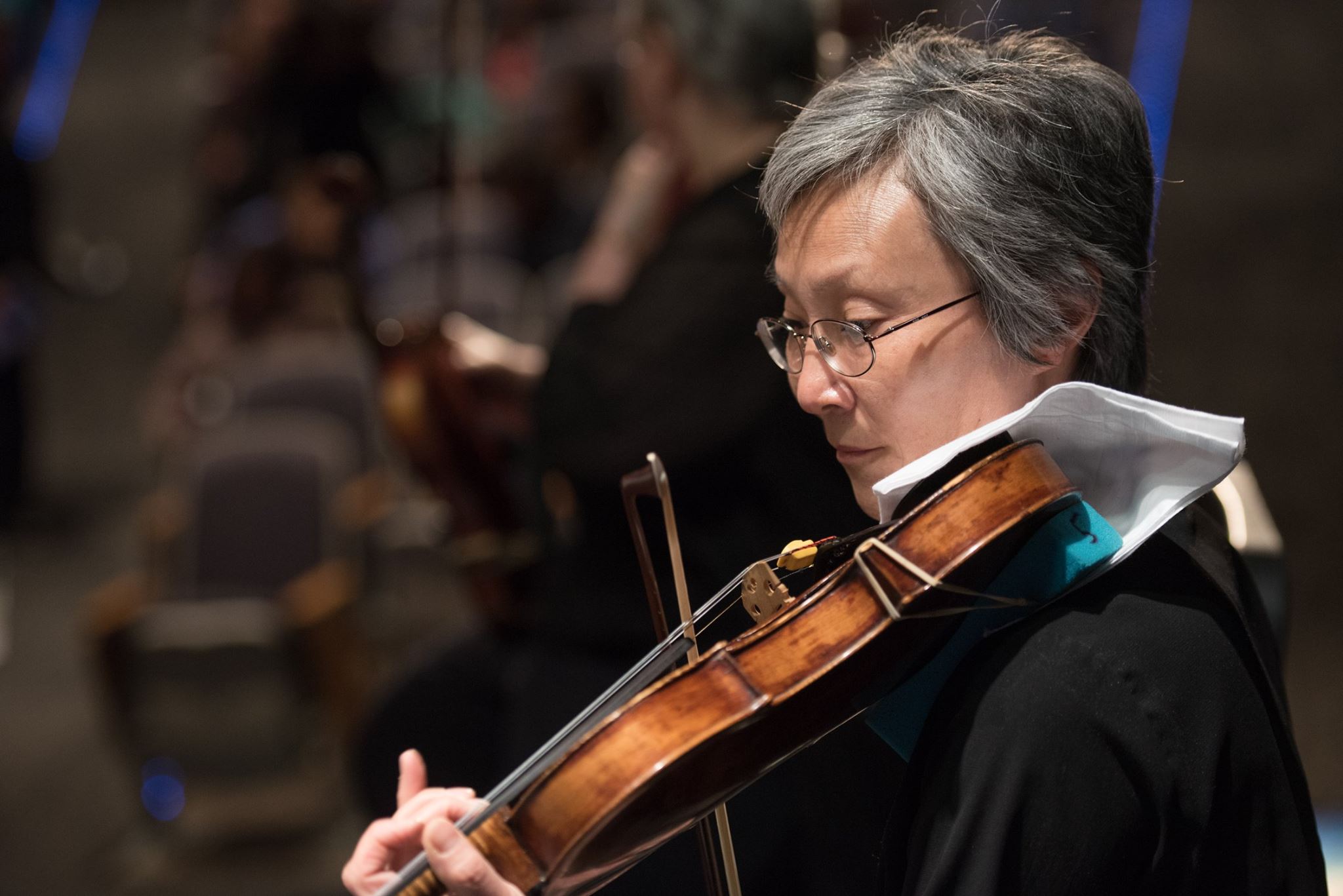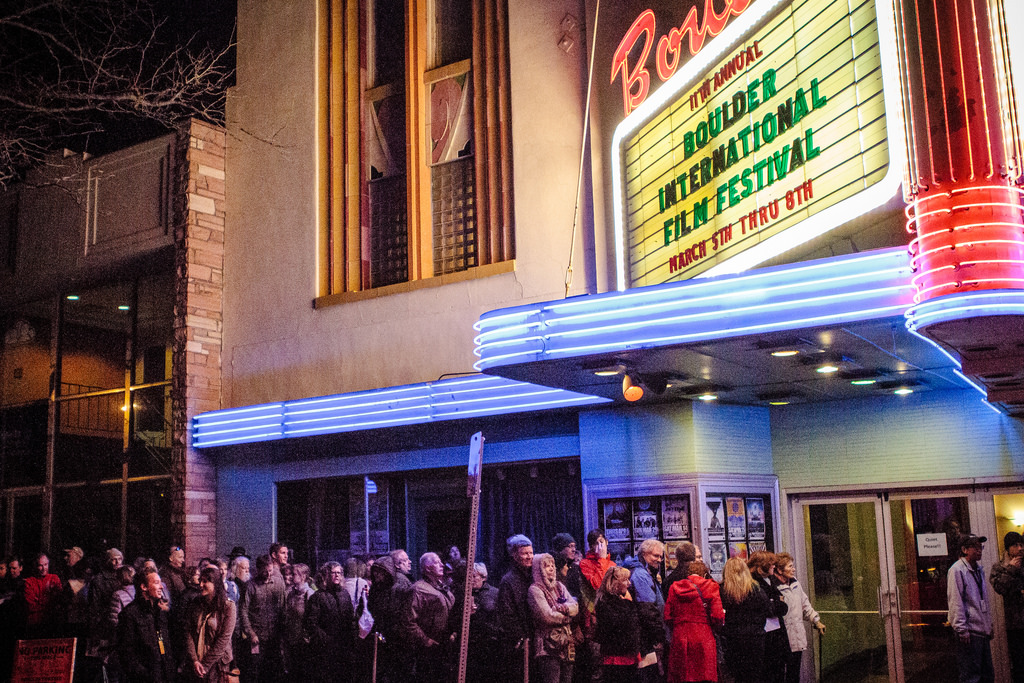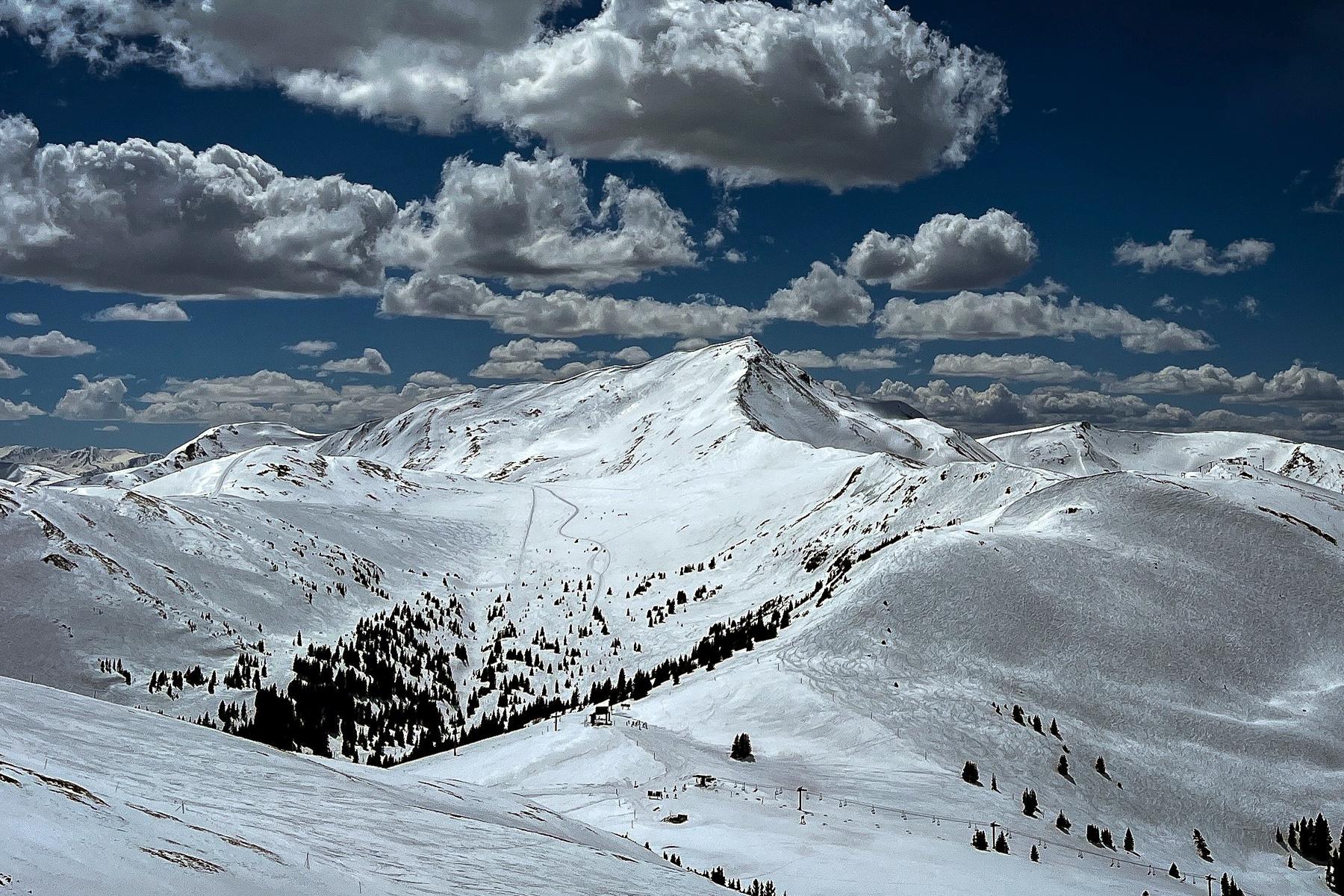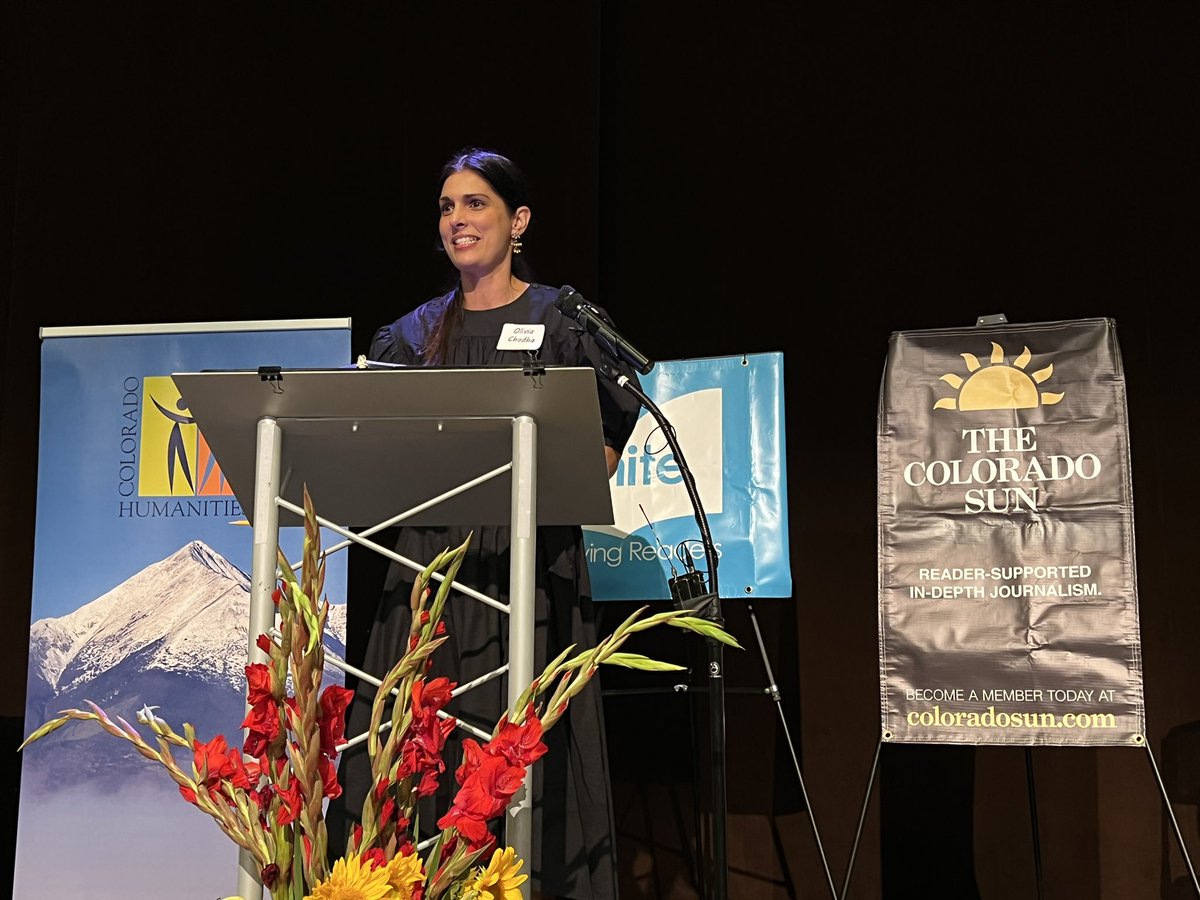
Olivia Chadha’s “Rise of the Red Hand” is set in the near future and deals with climate change in South Asia. It tells the story of a street rat who becomes a rebel and joins the hacker son of a politician. Together, they fight to take down an oppressive government that sacrifices its poorest inhabitants to build a utopia.
Chadha won this year’s Colorado Book Award in the Young Adult Literature category.
“I was just so shocked and honored that the book was even read by people and chosen to be a finalist,” Chadha said. “I felt so lucky to be in that room with all those talented people.”
Like many Young Adult novels, “Rise of the Red Hand" isn’t only for younger readers. Chadha says in the past 15 years, YA really became a booming market. Titles like the Hunger Games, Divergent, and the Harry Potter series supported its rise. Chadha said writing multi-layered stories is part of the design.
“I think that's what's fun about a book with layers is that, and not everyone's gonna pick up on all of the things, and that's the cool, kind of engaging part of it is that,’ Chadha said. “An adult would read it and say, ‘Oh, I understand these different social things or these historical things that I know.’ And a younger reader would maybe connect more with the social aspect and the relationships, depending on who they are.”
Chadha said the genesis of the book began when she was working on her PhD in literature and creative writing.
“I did a lot of research on South Asian history, the partition of India and just the movement of borders and boundaries and how this impacts people. And then I started looking into the environmental impacts of war, which is something that a lot of times we don't think about, how the land actually changes from war and from the movement of bodies and people.”
Chadha said she is fascinated with the future and how accessible solutions get tied up in politics. “So I started looking into India as a place where I could set this in the future because it's so complicated and the caste system is so complicated and the class system is so complicated.”
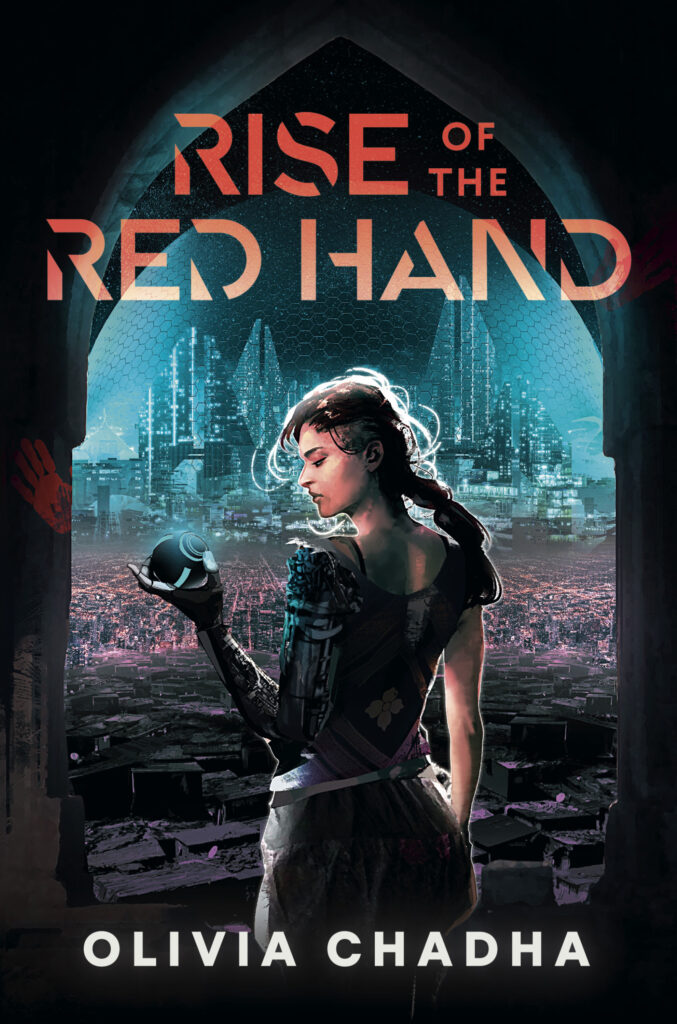
She wrote the first draft of “Rise of the Red Hand" in 2018, but the real world issues that have unfolded since then are also reflected in the book.
“I think our context has changed historically over the past three, four years,” Chadha said.”And so now when we read something we're like, ‘Oh, you know, that's interesting because now our world is like that in some kind of way.’”
When Chadha discusses her writing process, she notes that Colorado has become an integral part of it.
“I feel so lucky to be here. A lot of my writing takes place while I'm walking and hiking," she said. "In my mind, I just write in my head and I have a little notebook and I hike. I'll go on a trail and hike, watch butterflies, and just kind of quiet my anxious brain so that I can access these other places so easily. And I feel like here you can get space in your mind to be able to create, whereas other places I've lived, it doesn't feel that way.”
Chadha has lived in many places, but the Colorado community has kept her here, particularly because of how much the people love and support the arts. Her next projects are also set in Colorado.
As she accepted her Colorado Book Award in late June, she challenged everyone to take action.
“We were really in this wild moment and then we were celebrating that night. And it seems like we keep having to apologize for celebrating during the last four years,” Chadha said. “Because every day there is something bad that is taking something else important away. Some freedom is being taken away from some group. And, I really wanted to say that it feels like an honor to write for people who want to still maybe stay in the fight.”
Chadha says it sometimes feels like the world is failing its people, but she sees hope in people, who she says all want the world to be better.
“And I think if we can just look at that a little closer and know that that's something that's happening, and we can just try a little harder,” Chadha said. “So it's hard to find that hope, but I really feel like we need it, you know?”

